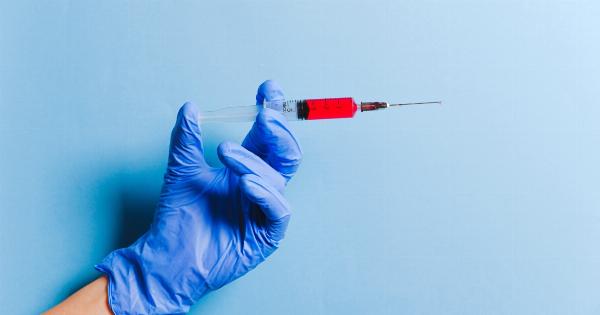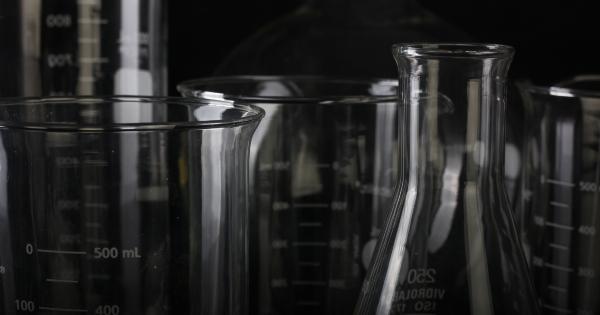Depression is a common mental illness affecting millions of people worldwide. A wide range of diagnostic techniques are available that includes physical examinations, psychological assessments, cognitive tests, and neuroimaging methods among others.
Hematological tests have also shown promising results in accurately diagnosing depression. Using blood tests for detecting depression is still the subject of research, but recent studies have provided insights into some of the essential blood-based biomarkers that can help in diagnosing depression.
Here, we will discuss various hematological tests that are used to diagnose depression.
Routine Blood Test
The first and foremost test that physicians recommend to diagnose depression is routine blood tests.
These tests can provide basic information such as blood sugar level, electrolyte balance, liver and kidney function, cholesterol levels, and thyroid function etc. The physicians believe that this basic information can provide an insight into the overall health of the individual that may help link to their depression symptoms.
Complete Blood Count
A complete blood count (CBC) test is usually given as part of a routine medical check-up, but it can also help in diagnosing depression.
A CBC test measures various components of blood such as the concentration of red and white blood cells, platelets, and hemoglobin. As depression is often linked to inflammation, this test can help identify any inflammation or immune-related issues. An increase in the number of white blood cells is often associated with depression and higher levels of inflammation in the body.
Hence, CBC can provide valuable information to diagnose depression.
Immunological Tests
Several studies have investigated the role of the immune system in depression. The cytokines and CRP (C-reactive protein) matter which are responsible for inflammation in the body are associated with depression.
The blood test for CRP can measure the degree of inflammation in the body. Similarly, measuring the cytokine levels that include IL-6, IL-1, and TNF-alpha can provide insights into the patient’s depression symptoms.
Hormonal Tests
Depression often involves hormonal imbalances in the body. As our body produces hormones such as cortisol and thyroid-stimulating hormone (TSH), measuring these hormones can provide insight into the patient’s depression symptoms.
High levels of cortisol have been associated with depression and other mental illnesses, whereas high levels of TSH may suggest an underactive thyroid. The hormonal tests which include cortisol, TSH, and other hormone levels assessment can thus help in diagnosing depression.
Genetic Tests
Depression often runs in families, suggesting a possible genetic link. Genetic tests that analyze DNA samples can identify gene variations that may be associated with depression.
However, genetic testing for depression is still a relatively new diagnostic method, and more research is required to establish its accuracy in diagnosing depression.
Vitamin Deficiency Tests
Depression is known to be linked to nutritional deficiencies, particularly vitamins such as vitamin D and vitamin B12.
Deficiencies in these vitamins may cause depressive symptoms, and hence measuring these vitamin levels may help in diagnosing depression. The physicians often advise vitamin D and vitamin B12 tests to diagnose depression in individuals with severe or chronic symptoms.
Clinical Diagnosis vs. Hematological Diagnosis
While hematological tests have shown promising results in diagnosing depression, they should be used in conjunction with a clinical diagnosis. Depression is a complex mental illness, and no individual test can provide an accurate diagnosis.
Clinical assessment should always be conducted by a qualified mental health professional that includes analyzing the patient’s symptoms, psychological assessment, behavioral changes, cognitive tests, and neurological assessments to establish an accurate diagnosis of depression.
Conclusion
Hematological tests offer a promising approach to diagnose depression.
The tests provide valuable information about the mental and physical health of the individual, including inflammation, hormone imbalances, genetic variations, and nutritional deficiencies that may be associated with depression symptoms. However, it’s important to note that hematological tests alone cannot confirm the diagnosis of depression, and hence they should always be used in combination with clinical diagnosis.



























